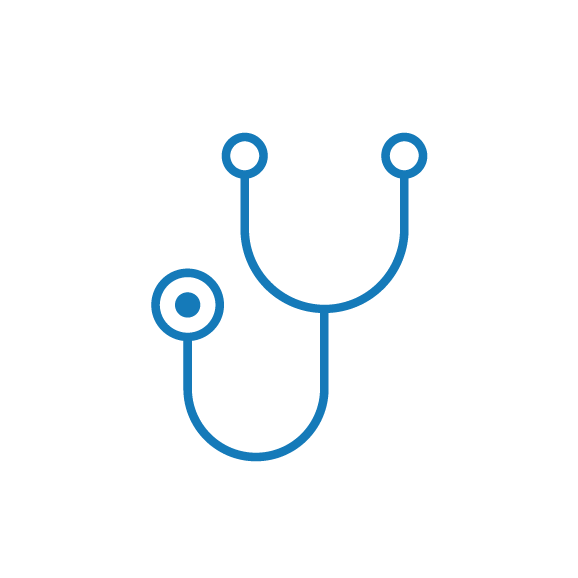VHAN Care Management: 5 Ways Care Navigators Smooth Patients’ Transition From Hospital to Home
The VHAN Care Management team plays a critical role in ensuring a patient’s smooth transition from hospital to home, removing barriers to better health and encouraging a successful recovery. The team—made up of registered nurses, certified diabetes educators, social workers and pharmacists—acts as a crucial bridge between the complexity of the clinical setting and the daily routine of a patient’s home.
The team’s nurses are a key point of contact for patients after they leave the hospital, providing essential education, support and advocacy to prevent readmissions. Though she has only been part of the VHAN team since 2021, Elizabeth Smith, RN, has 37 years of experience in her field. She has served as a perioperative nurse, labor and delivery nurse, and as a float pool nurse at Monroe Carell Jr. Children’s Hospital at Vanderbilt. She has also worked in clinics of various specialties, including neurology, gastroenterology and urology.
“When I was an auxiliary nurse, I’d walk around all the different units and say, ‘Do you need help hanging a medication? Do you need someone to cover for you while you go to lunch?’ How can I help?’ At that job and others, I did a wide variety of tasks, which means I’ve learned a little bit about everything.”
Here are five ways that Elizabeth—and her fellow team members—uses that extensive experience to help guide patients home from the hospital and further along the path to healing:
1. Puts the patient at ease. Before the Care Management Team meets a new patient referred into the program, they review their chart to gain some insights into their condition and treatment.
“During the initial call, I introduce myself as an extra helper. I want them to know that I’m there to make sure they have everything they need now that they’re home,” Elizabeth said. “Then I interview them and ask a few questions about their work, activities and interests. This helps me understand their personal circumstances and find the right support.”
For example, if a patient needs home health, Elizabeth can help facilitate those services.
2. Translates medical lingo into everyday language. One of the Elizabeth’s most invaluable skills is her ability to translate complex medical terminology and information into language that her patients can easily understand. Whether it’s the names of medications or the details of surgical procedures, patients can feel confused by the terminology used by their providers but not comfortable enough to reveal it.
“Patients can be intimidated into not asking questions because they don’t want to sound dumb,” Elizabeth said. “Part of my job is to know the difference between ‘doctor talk’ and ‘patient talk’ and try to explain their treatment using patient-friendly language.”
3. Provides direct communication. Patients referred to the VHAN program don’t have to deal with the frustrating experience of extensive phone trees: They are given a direct line to their care manager. Easy and accessible communication is comforting to all patients, especially older ones.
“I tell my patients if they have questions about anything, they can easily contact me,” Elizabeth said. If they can’t get in touch with their doctor or have trouble scheduling an appointment, I’ll make those calls for them and make sure they get the necessary follow-up. This eliminates a lot of stress, especially when a patient feels overwhelmed. It also helps them focus on healing.”
4. Clarifies conflicting or confusing information. The VHAN Care Management team often sees patients with complex conditions that require they visit several different providers. This may lead to conflicting advice or confusing instructions from different specialists. Elizabeth is a helpful go-between in these situations.
“I can send notes through the patient’s medical record portal or directly call their providers’ offices to clarify these discrepancies,” she said. “Once I get a clear answer, I can communicate it back to the patient.”
5. Offers psychosocial support. Elizabeth’s empathic listening ear helps alleviate her patients’ anxiety, giving them a safe space to ask questions, express concerns and talk about their fears.
“I am a catchall; I talk to them for as long as I need or want me to,” she said. “Sometimes people just want to talk and tell you their story, and I’m happy to be that extra level of support. We all do it to fulfil our goal of keeping patients from going back to the emergency room or experiencing a setback that’s preventable.”
The VHAN Care Management program helps patients managing multiple complex conditions and barriers to care. VHAN providers can refer their patients at this REDCap link.




